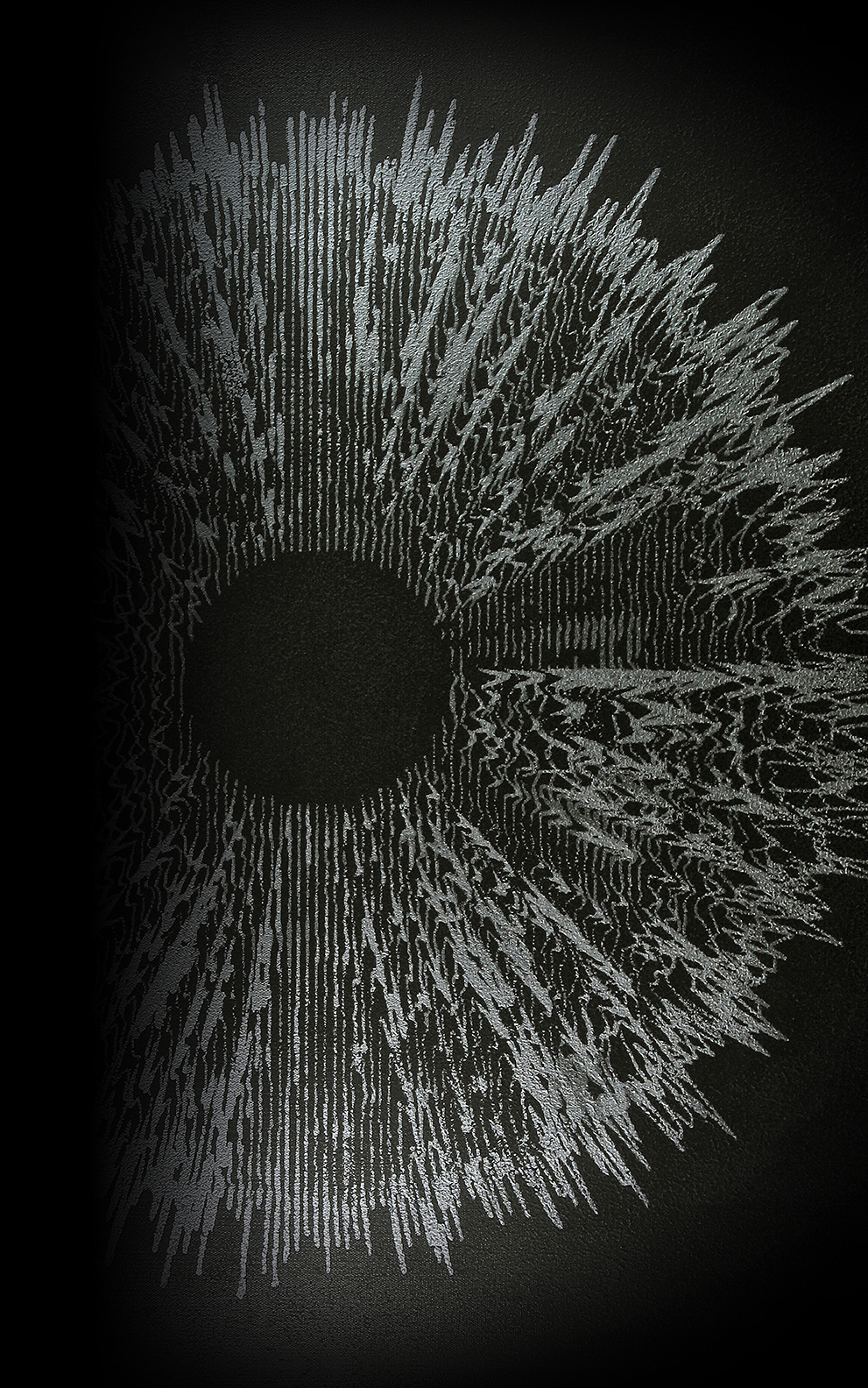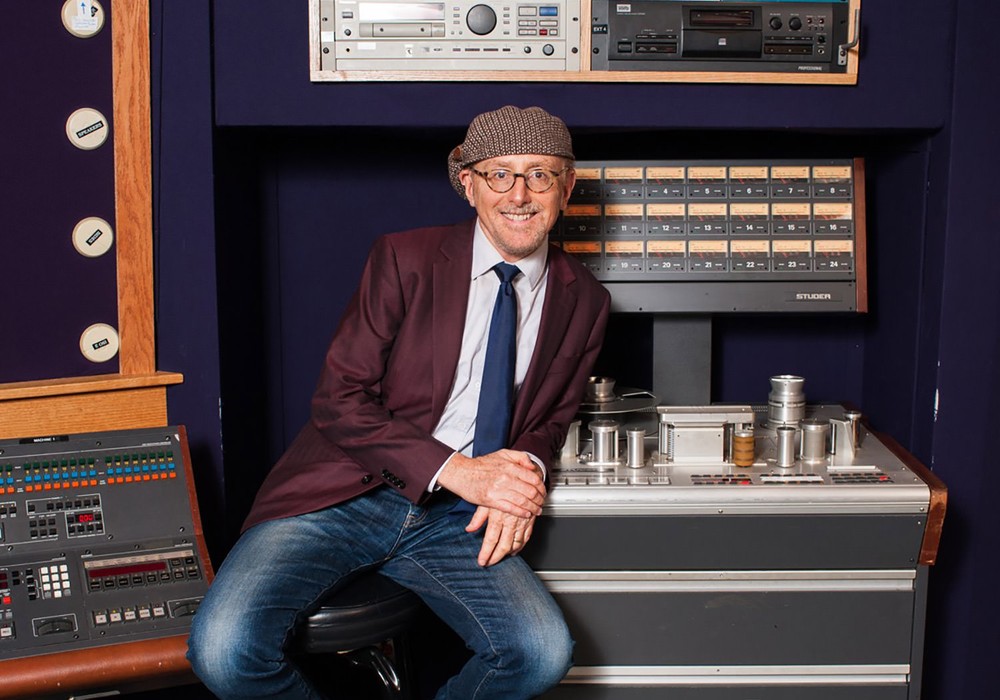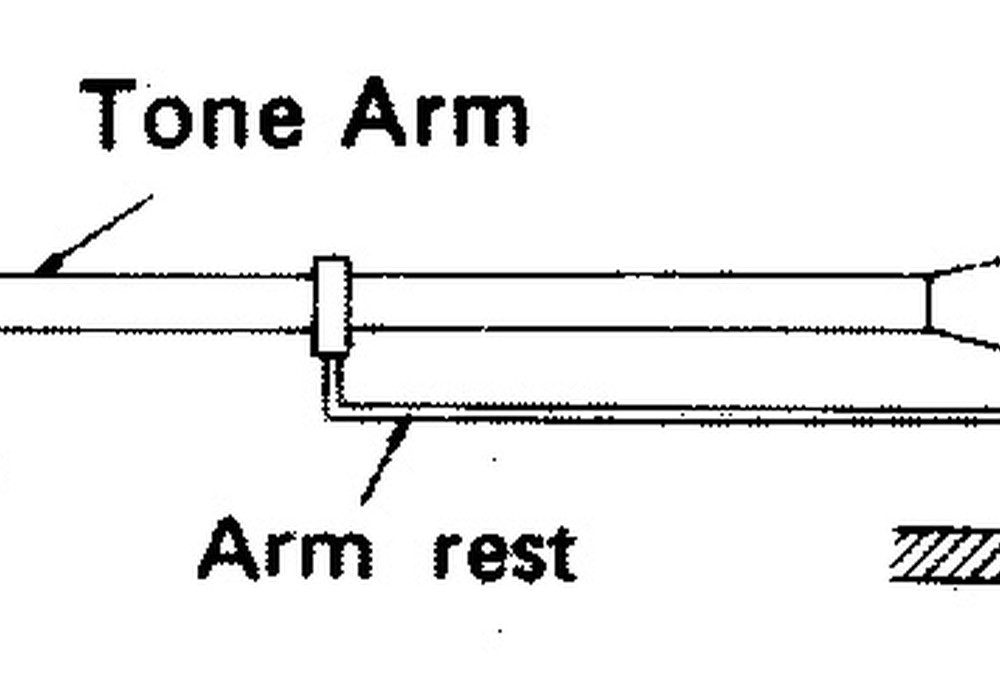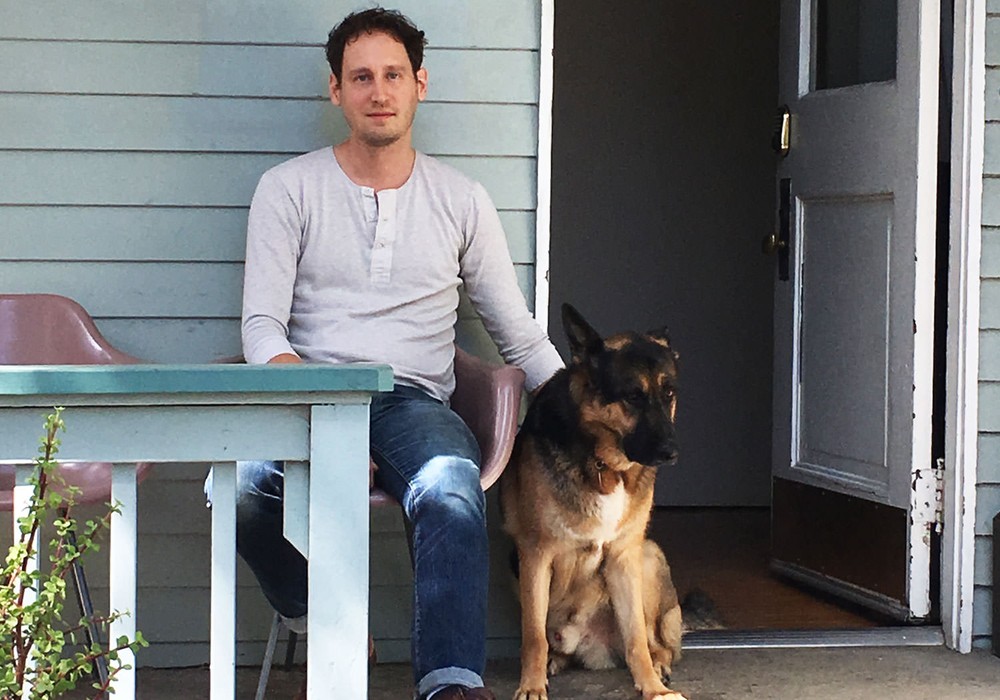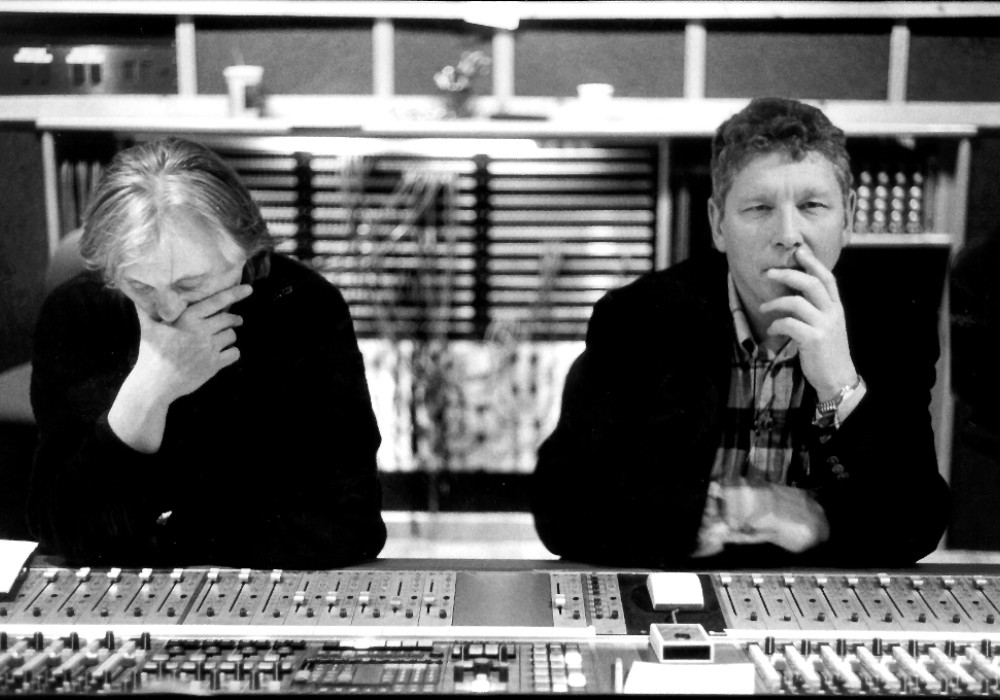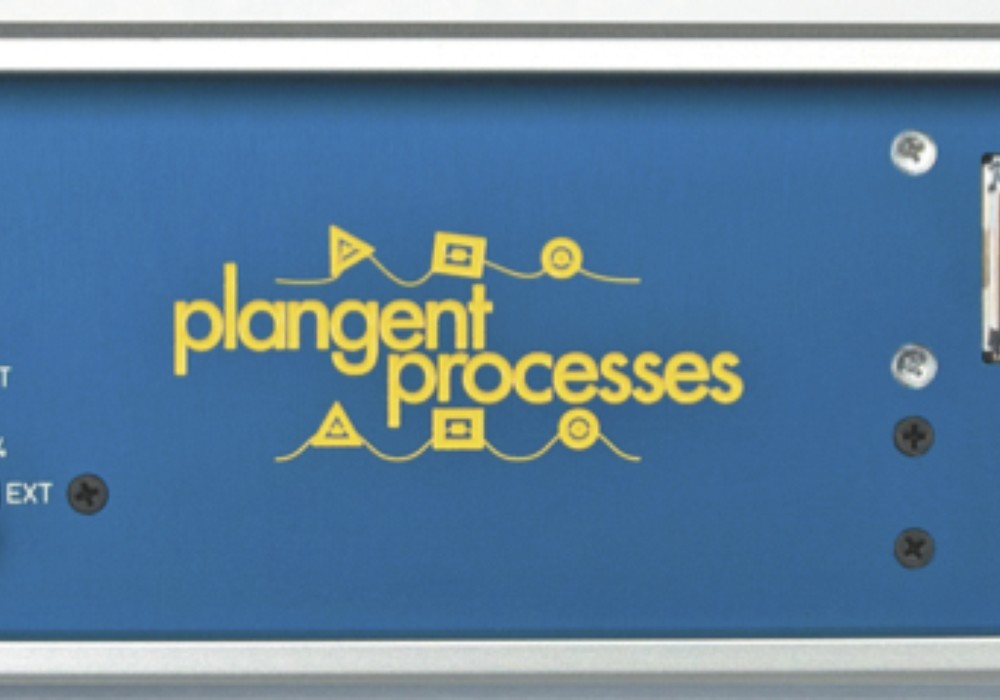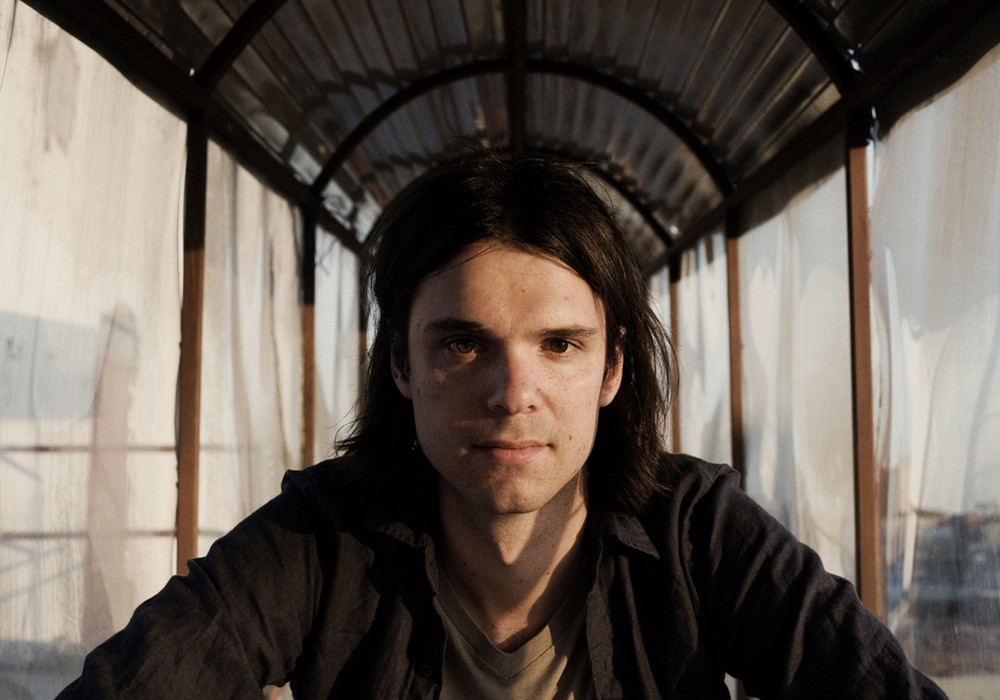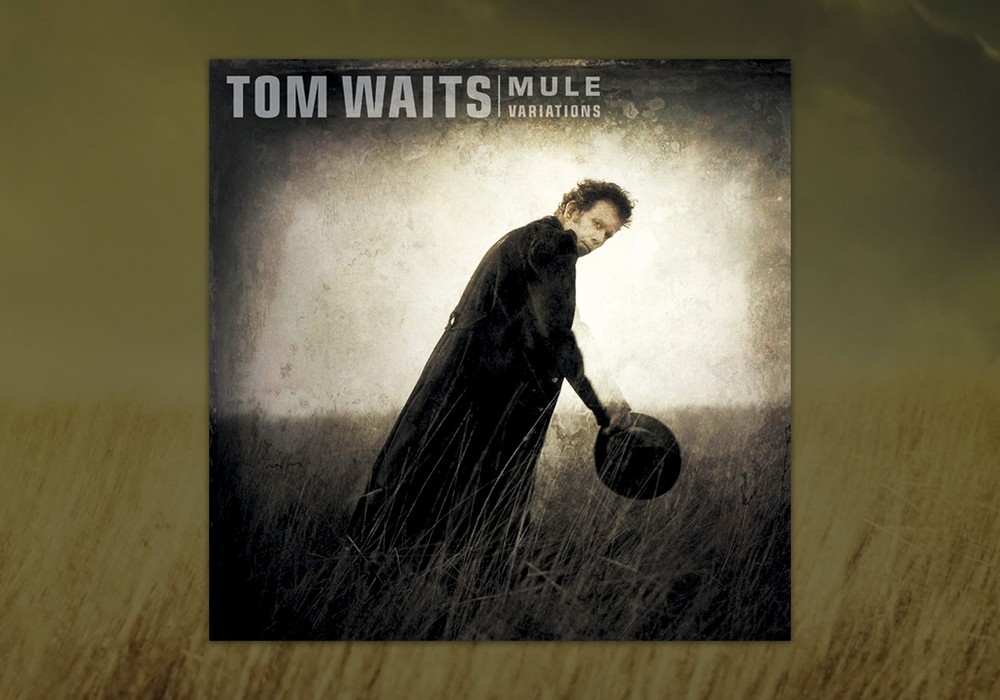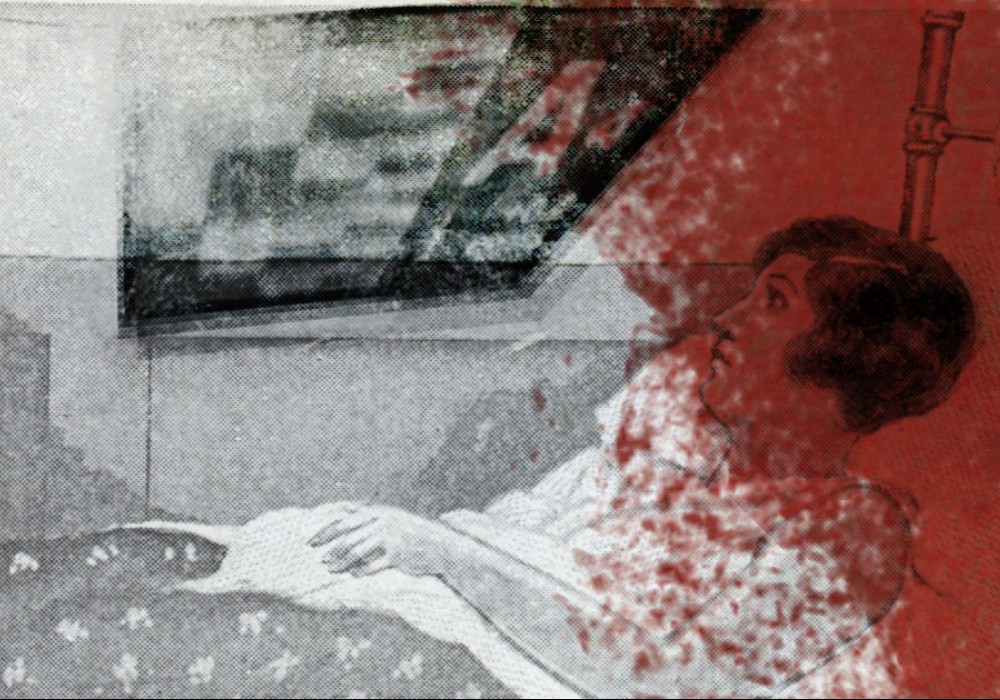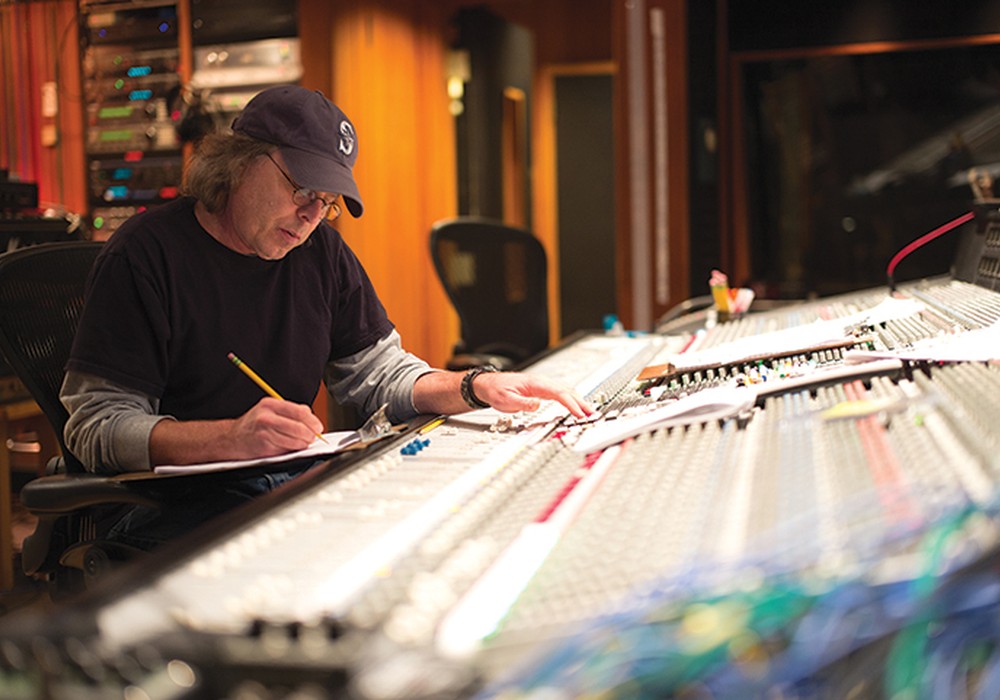As a young man, Glenn Berger got the break of a lifetime working under Phil Ramone [Tape Op #50] as an engineer at A&R Recording in New York in the early ‘70s. After 20 years of studio work he quit and became a psychotherapist, and in 2016 he published a book about his time in the trenches called Never Say No to a Rock Star. It’s a wild, unflinching read about the real world of making records with “rock stars” like Paul Simon, Mick Jagger, Bob Dylan, James Brown, Bette Midler, and even Frank Sinatra.
Did it help that it’s now years later and you can tell the truth about sessions?
Yeah. I certainly wanted to let enough time pass, in terms of some of the stories that I told. Certain folks passed away, and that kind of thing. I also really needed to get some distance on those years in order to get a different perspective. That’s what I attempted to do, to have that dual perspective of seeing it through the eyes of the kid that I was then, combined with a little bit more of the distance and maturity that I presume I have in the present moment. I think I was too angry back then. My view of it was too narrow, for a long time. I had to work through a lot of that to write something that was honest and fair, and had a broad enough perspective. It wasn’t just about telling the dirty stories, but capturing a larger truth.
So much of making records is not about you, in that position back then, or me making records now. It’s about the artist. It’s about coaxing whatever you can get out of them and keeping them comfortable. I think it’s so hard to explain that to someone when they’re younger.
Absolutely. There’s a session I just did with an amazing band. We had a reunion in the studio’s cutting room a couple weeks ago. It was a room that was filled with so much love and such generosity, where musicians and singers donated their time to this event. The playing and singing was just astounding. It was really the first time that I felt like I produced something, where I was able to bring that to the project, where I was able to focus on what was going to make those musicians and singers comfortable enough, and safe enough, where they could bring out their best. I don’t think I was able to do that as a kid in the same way. Although I observed it, I didn’t really get it.
You moved into the field of psychotherapy after many years in the studio. I feel like this job becomes a counseling session, at times.
Oh, yeah. My joke is that I worked with enough crazy people in the studio that I had most of the training that I needed. It’s interesting that both of my careers have to do with listening. The studio, you know what it’s like. There’s a lot of psychology that goes into it. Phil Ramone really understood the psychology of the artist, and it’s a big part of what made him successful. Though I don’t think he was consciously aware of it – he operated on a very intuitive level.
How did you end up working in a recording studio?
I was lucky enough to get an internship at a jingle house that was run by one of the geniuses in the field, Susan Hamilton, and she got me an internship at A&R Recording. On my first day I was taught three important things. One was, “Keep your mouth shut,” which I don’t think I ever learned well enough. The second one was, “Whatever anybody asks, your only answer is ‘yes.’” Then the studio manager set me up with a couple of assistant engineers to figure out what to do with me that day. The first thing they did was offer me some cocaine. Since I had just been instructed that the only thing I could say was “yes,” of course I said, “Yes.” So that’s the third thing I learned how to do, at 17 years old, in the studio. On that first day I got to watch Paul Simon record “Loves Me Like a Rock” in one studio and James Brown record The Payback in the other studio. That was what the studio was like every day – an amazing amount of projects going on. My first job was as a schlepper. A&R had two studios, and it was my job to push a hand truck from one studio to the other through dangerous, midtown ‘70s Manhattan. My goal was to be an assistant engineer. I’d get to the studio before everybody,...
